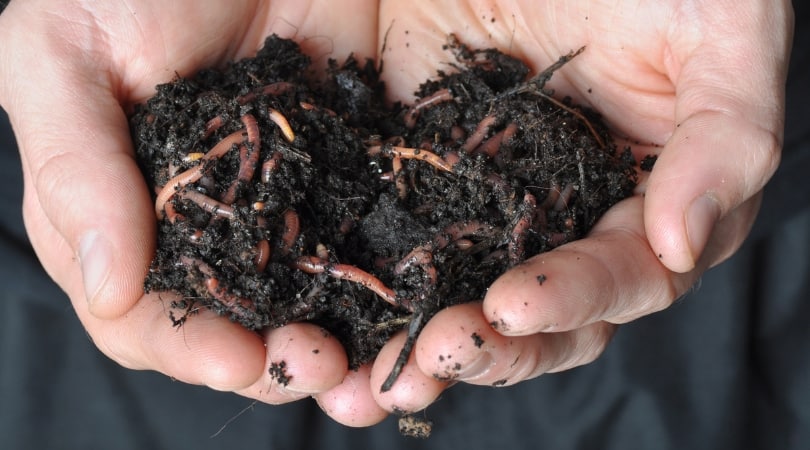Vermicomposting, the process of using worms to decompose organic waste, offers a sustainable solution for managing kitchen scraps and garden leftovers. Among the many types of composting methods, vermicomposting stands out for its efficiency and ability to produce high-quality compost. Central to this process are the red worms, also known as red wigglers (Eisenia fetida), which play a crucial role in breaking down organic matter into nutrient-rich compost.
Here are some tips to help you set up and maintain a successful vermicompost bin, along with exploring the benefits of these remarkable red worms.
Selecting the Bin
Choose a suitable container for your vermicompost system. Plastic bins or wooden crates with lids work well. Ensure adequate ventilation and drainage holes to maintain proper airflow and moisture levels.
Bedding Material
Red worms thrive in a moist, well-aerated environment. Provide bedding materials such as shredded newspaper, cardboard, or coconut coir to create a comfortable habitat for the worms.
Adding Red Worms
Acquire red worms from a reputable source. Start with a sufficient quantity based on the amount of waste you generate. Red worms are voracious eaters and excellent composters, capable of consuming their weight in organic matter daily.
Feeding the Worms
Red worms prefer a balanced diet of fruit and vegetable scraps, coffee grounds, tea bags, and crushed eggshells. Avoid feeding them citrus fruits, onions, garlic, dairy, meat, or oily foods, as these can attract pests and produce unpleasant odors.
Maintaining Moisture Levels
Keep the bedding moist but not waterlogged. Spray water occasionally to prevent drying out, but ensure proper drainage to avoid soggy conditions, which can suffocate the worms.
Temperature Control
Red worms thrive in moderate temperatures between 55°F to 77°F (13°C to 25°C). Keep the vermicompost bin in a shaded area to prevent overheating or freezing.
Benefits of Red Worms:
- Red worms possess specialized digestive systems that break down organic matter quickly, converting it into nutrient-rich compost.
- Vermicompost produced by red worms offer beneficial microbes, enzymes, and essential nutrients, making it an excellent soil conditioner and natural fertilizer.
- Vermicompost bins are compact and suitable for indoor use. When properly maintained, they produce minimal odor, making them ideal for urban dwellers and small-scale gardeners.
In this way, setting up a vermicompost bin with red worms offers a sustainable and rewarding way to manage organic waste while producing nutrient-rich compost for your garden. This is where Vers L’avenir worm kits would be an ideal choice for someone getting into the process for the first time.


